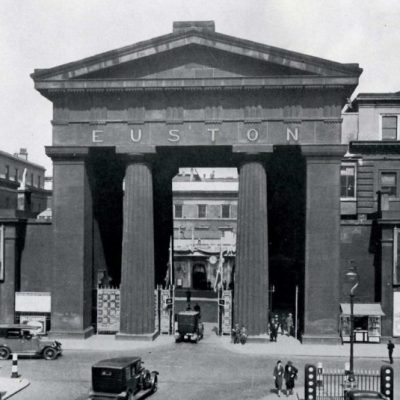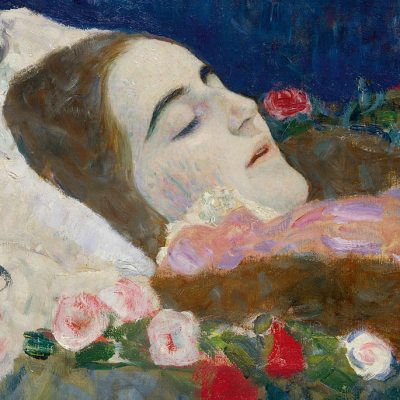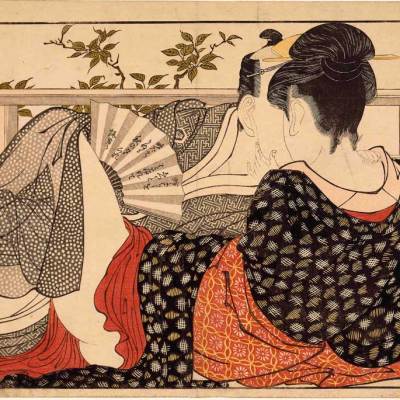The art market is full of personalities, but dealers and gallerists often seem little more than names when the market gets covered in print. In a new series, Apollo asks art dealers to introduce themselves and their businesses. Helen Linfield of Wakelin & Linfield is an exhibitor at this week’s Winter Fine Art and Antiques Fair, and also on its formal furniture vetting committee.
Tell us a bit about the history of your business
I began my career in the antiques business in 1968. In 1984 I met my partner Mike Wakelin (at Olympia) and together we formed Wakelin & Linfield. We opened one of the largest premises in Petworth from which we conducted our business for over 10 years.
The centre of operations was then re-established at our home, an old Sussex farmhouse set in mature gardens some five miles from Petworth and Billingshurst. We now exhibit at most of the major London antiques fairs.
What are your specialist fields?
Fine English and continental furniture and effects from the 16th–20th century. I also have a passion for English and continental primitive and country furniture and folk art, again between similar dates.
What’s the most exciting work you’re currently offering?
We have recently acquired one of the best 18th-century English tavern tables that we have owned in all of my time as a dealer. This will feature in an exhibition early next year.
What’s been your greatest triumph as a dealer?
The discovery of a magnificent late 18th-century carved wood fire surround, surmounted by a mid 18th-century over-mantle in the manner of William Kent, which I sold to Oprah Winfrey for her Texas home at a June Olympia.
And your greatest professional regret?
Not having taken a shop in the Pimlico Road when I had the chance many years ago.
How has the market in your field changed since you started dealing?
It has changed significantly since 2001 – the WTC disaster took a huge toll on our business with the USA. Also, the rapid growth of the internet and multiple TV programs meant that the market opened up to a much larger audience which has resulted, in most cases, in price and fashion taking precedence over connoisseurship. In addition to this dealers have experienced the gradual takeover of the antiques retail business by the auction houses. The market has in fact changed beyond recognition.
Do you collect yourself? And in the same field as you deal?
Yes, specifically country and primitive furniture and folk art.
Which work have you been sorriest to part with?
We had a wonderful saddle seated, 18th-century, primitive comb back Windsor chair with its original blue paint finish for many years. Thankfully we know it’s gone to a very good home where it will be greatly appreciated for many years to come.
If you weren’t an art dealer, what would you be?
A landscape gardener as I have a passion for trees, shrubs, water and sculpture, all of which I would love to work with.
How did you become involved in WFAAF?
I became involved when it first started 23 years ago having been a June Olympia exhibitor since 1984. This gave me some exposure in London twice a year which really helped my business and profile to grow.
Can you tell us a bit about your work on the vetting committee?
As an industry we felt that it was essential for us to maintain a distinct level of quality at major shows, to ensure that clients could be confident in the authenticity of their purchases. I got involved in this process at a very early stage and for several years was vice chairman to Leslie Weller at WFAAF until he stepped down recently. I really enjoy being part of the vetting process – while it does maintain a fantastic level of quality, one of its most important aspects is that is assists up-and-coming dealers in their learning process. I learned a lot myself this way in the early days.
Helen Linfield of Wakelin & Linfield is on the formal furniture vetting committee of The Winter Fine Art & Antiques Fair.
The fair is at the Olympia Exhibition Centre, London, from 4–10 November 2013.



